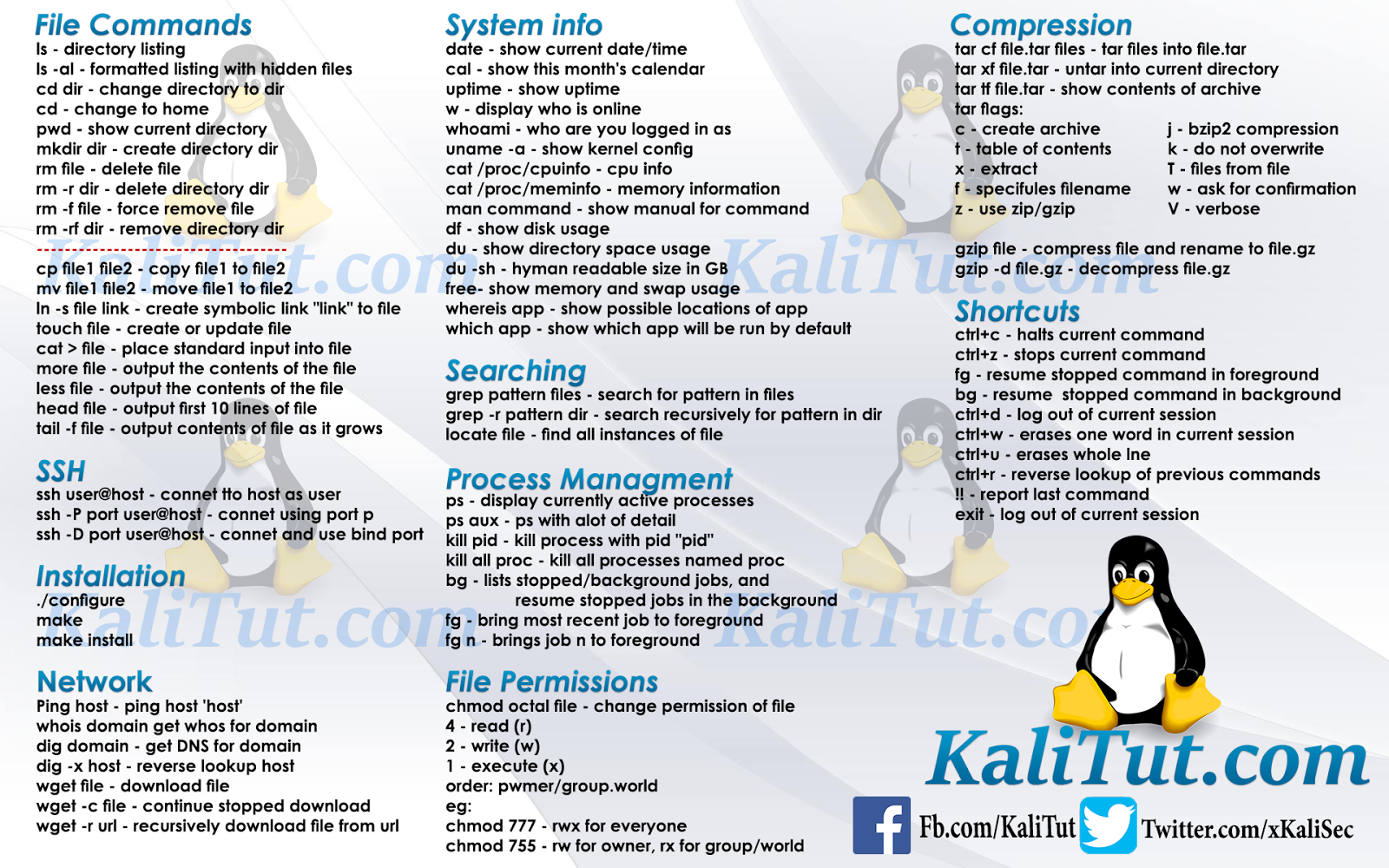

- Dyn updater linux command line for free#
- Dyn updater linux command line install#
- Dyn updater linux command line update#
- Dyn updater linux command line full#
- Dyn updater linux command line registration#
Most of the time this is all you will need to do for the utility to function correctly. Lastly, you will be asked which ethernet port you primarily use to connect to the Internet (eth0 for wired or wlan0 for wireless, usually). You will also be prompted for the username/password your registered with your Dynamic DNS service. If this is the first time you have installed ddclient, you will be prompted by the installation script for the hostname(s) that you registered with DynDNS (or other Dynamic DNS service).
Dyn updater linux command line install#

The following section has been adapted from Dynamic IP servers. More info can be found on the ddclient forums. The ddclient wiki lists some configurations for several Dynamic DNS services. See InstallingSoftware.)ĭdclient is the original Linux utility for dynamic DNS updates.

(You may need to add the Ubuntu Universe to your set of software repositories to install some of these utilities. Each Dynamic DNS service may work better with a particular utility. Using a software utility to perform Dynamic DNS Updates laptop) which is not always connected to the same network/router/modem.
Dyn updater linux command line for free#
Many Dynamic DNS providers offer a selection of hostnames available for free use with their service. Upon registering, you will select a username and password, as well as a hostname that you will use as the DNS name (to allow external access to your machine using the hostname).
Dyn updater linux command line full#
Here is a selection of these services (a full list is available at DMOZ and at Dynamic DNS):
Dyn updater linux command line registration#
In order to use one of these Dynamic DNS services, registration is required first. That is, its database must always be updated to make sure your hostname always corresponds to your current IP address. The software utility then periodically checks for a change to the computer's IP address, and when a new IP address is discovered, it updates the Dynamic DNS database to reflect that change.ĭNS requires that a name server somewhere on the Internet keep track of 'where you are' (i.e. These Dynamic DNS services allow the user to choose a hostname and set an initial IP address to correspond to that hostname. This is accomplished by using a small software utility on their computer or a local router.
Dyn updater linux command line update#
This makes it a challenge to translate a Name to one of these IP addresses.Ī number of DNS name servers offer a method to update the DNS database with dynamic IP name translations. These dynamic IP addresses are assigned by an ISP. However, many home users are assigned an IP address that changes more frequently. The DNS record for this node will only change infrequently. Most servers on the Internet have a fixed (static) IP address that never changes. a web browser) is then directed to one of these name servers. This database is implemented on the Internet by DNS name servers which keep track of DNS records and exchange this information between each other to maintain consistency. Name Translation is implemented via a distributed database known as the Domain Name System. Name Translation is the process of relating a name (like 'to an IP address (like '74.125.19.103') so that a website (or other service) on a computer can be accessed using an easily remembered name, rather than the IP address number of the computer.


 0 kommentar(er)
0 kommentar(er)
